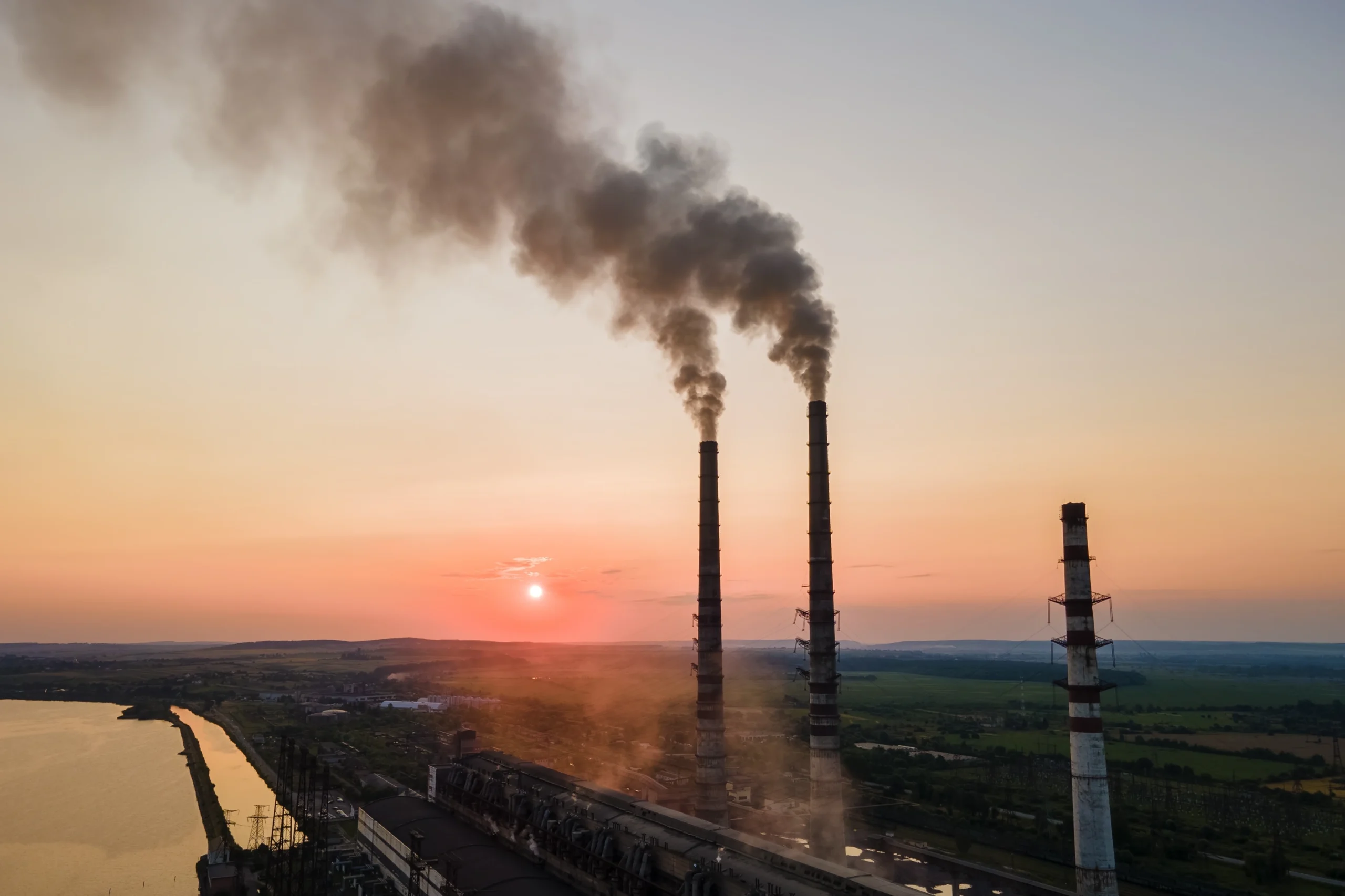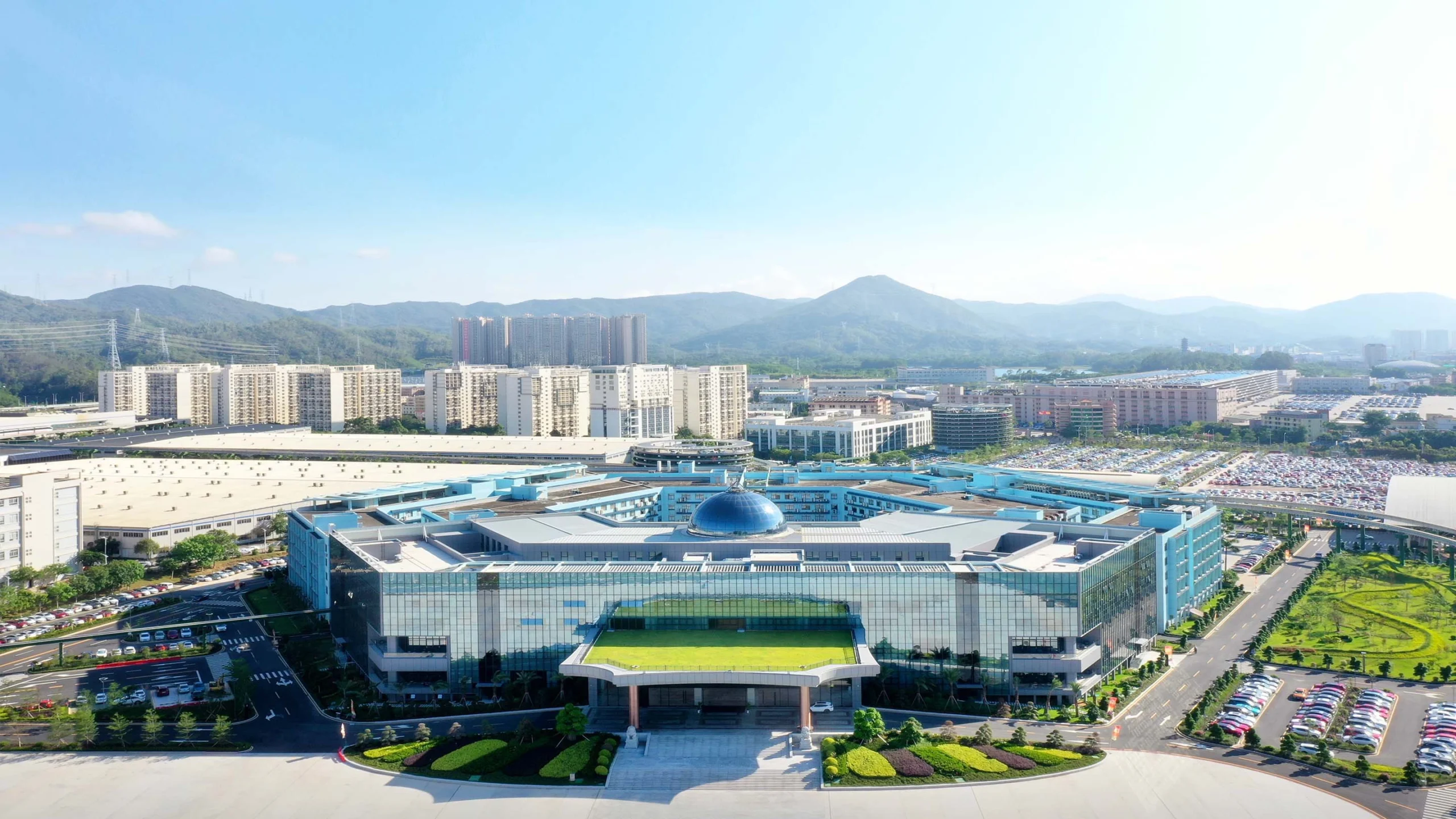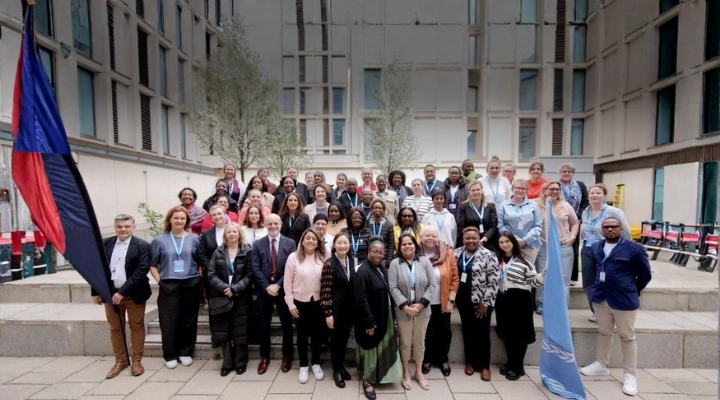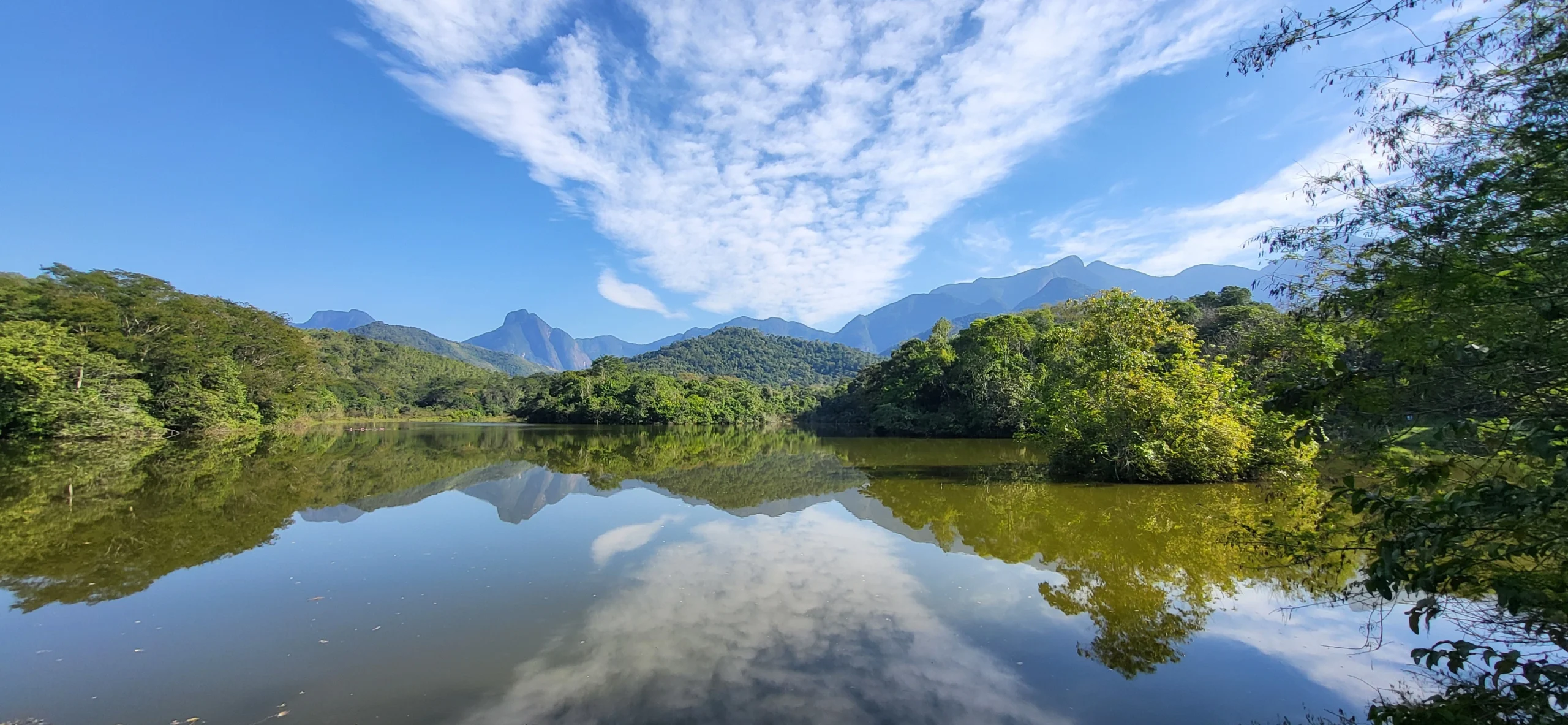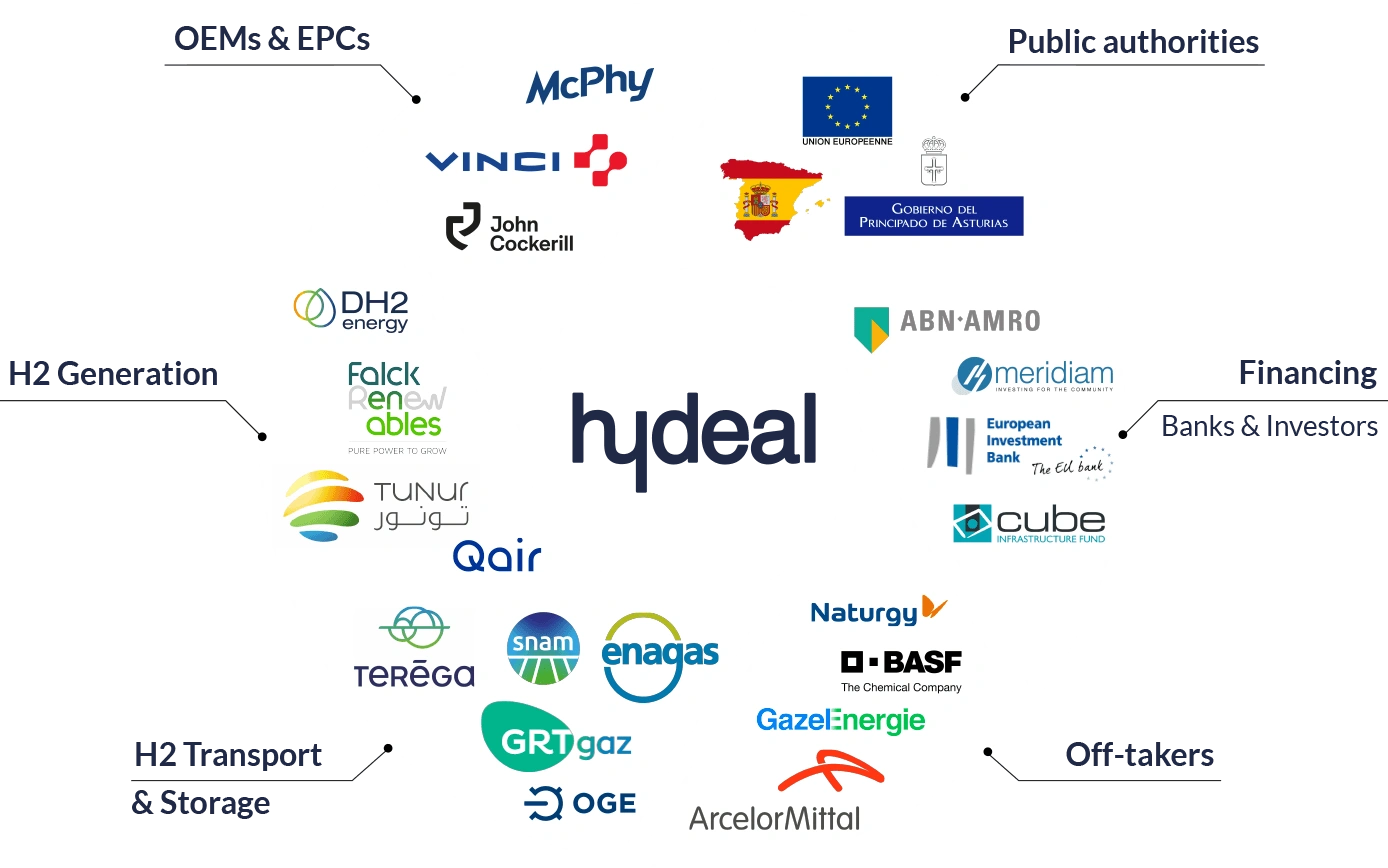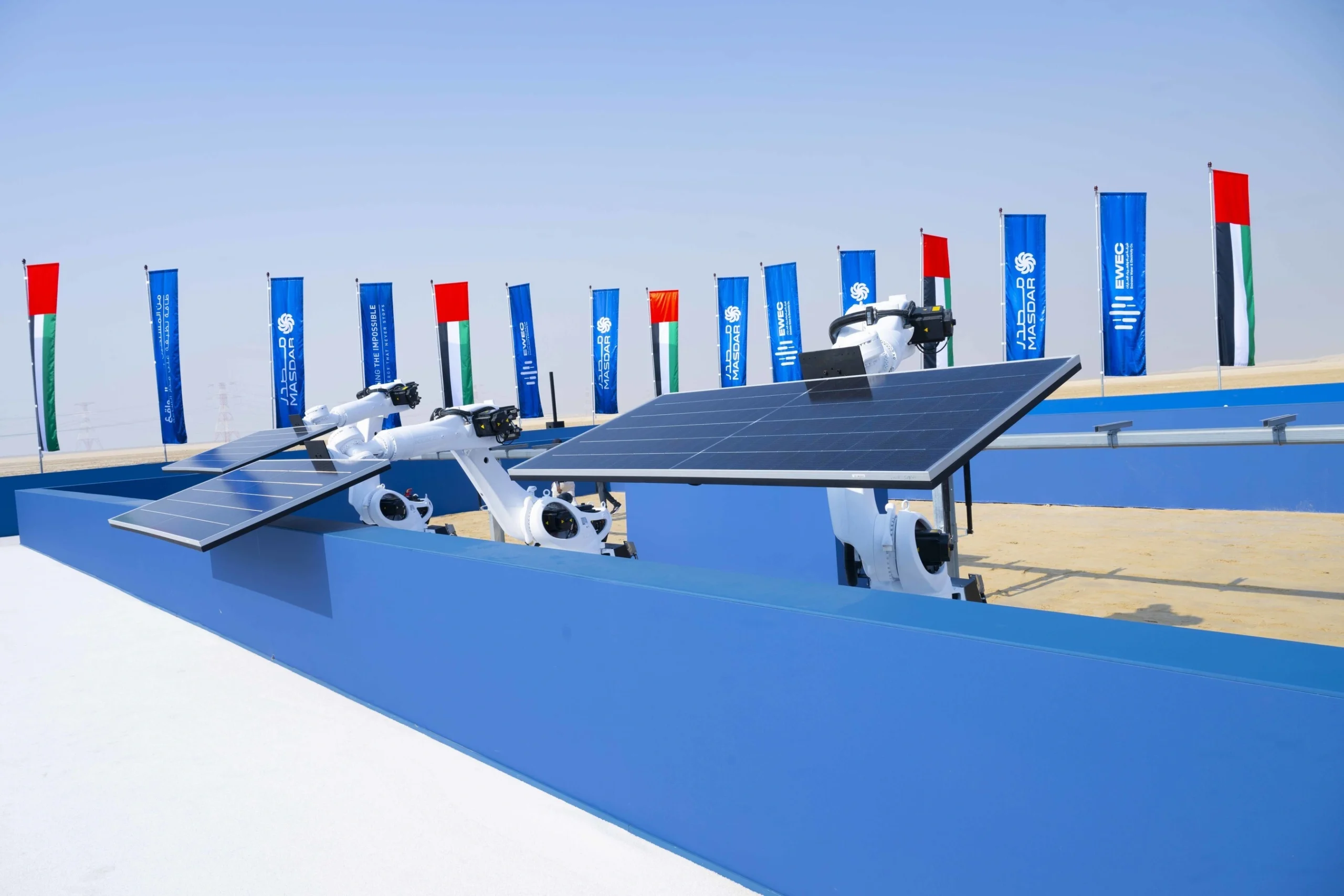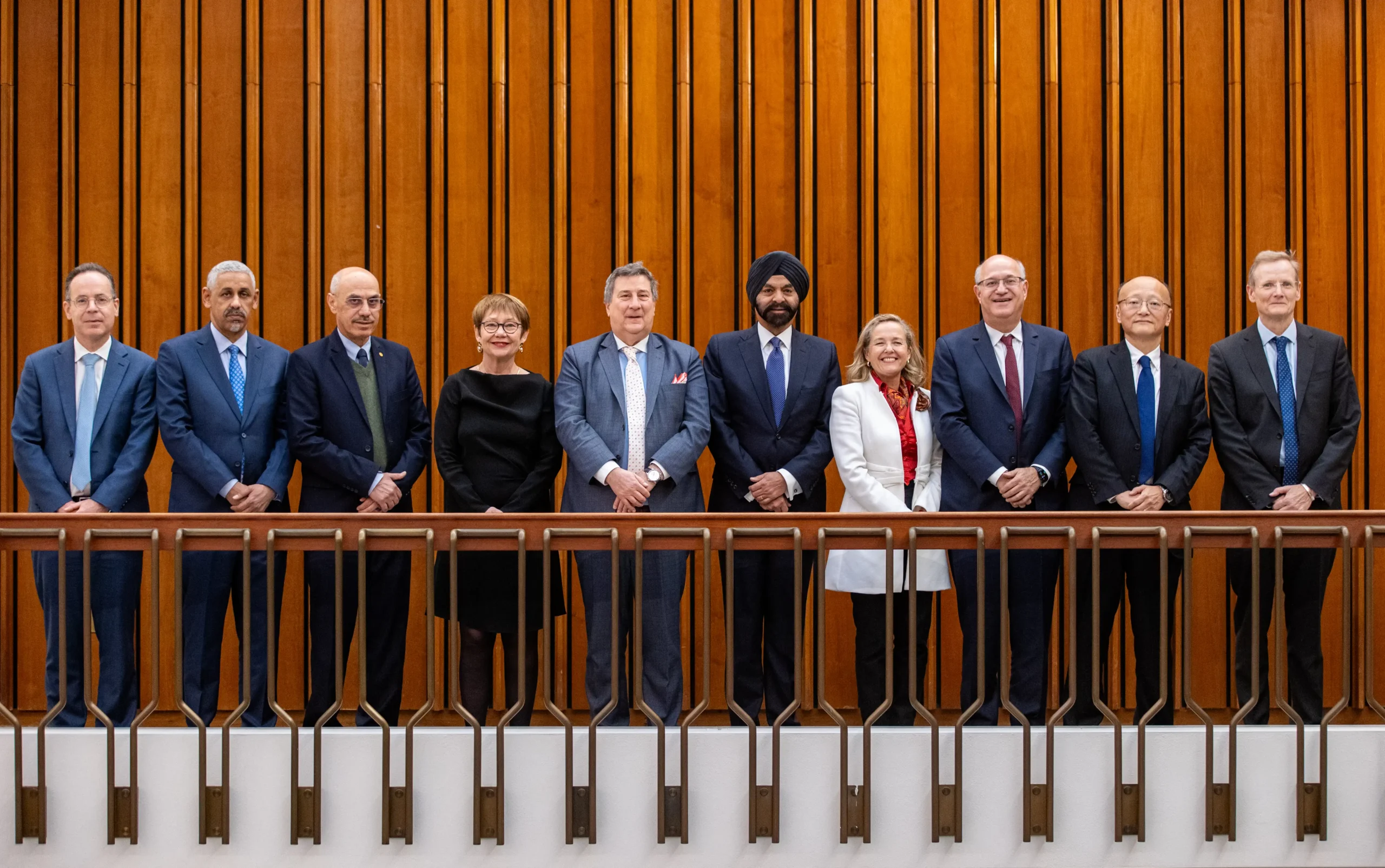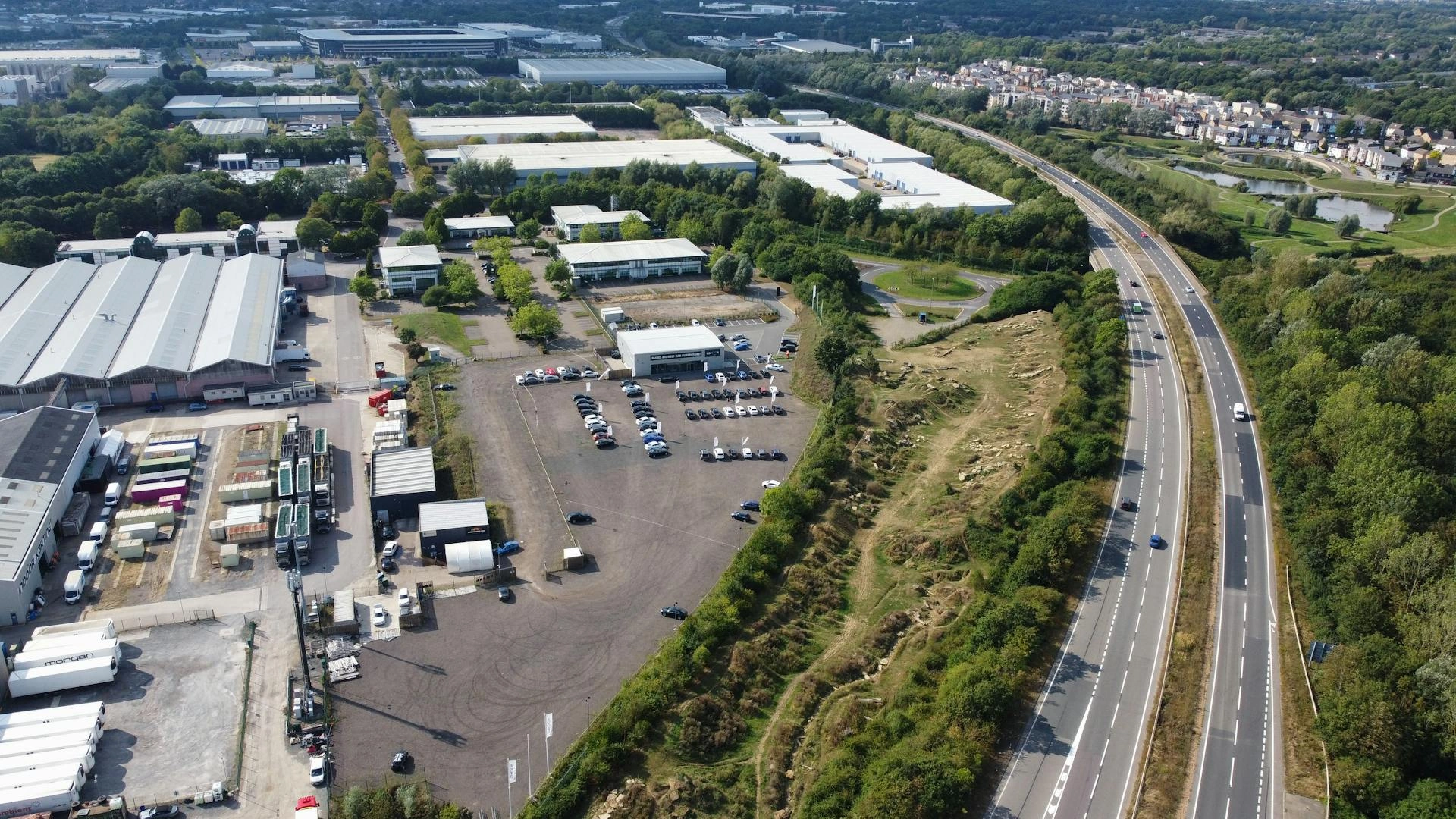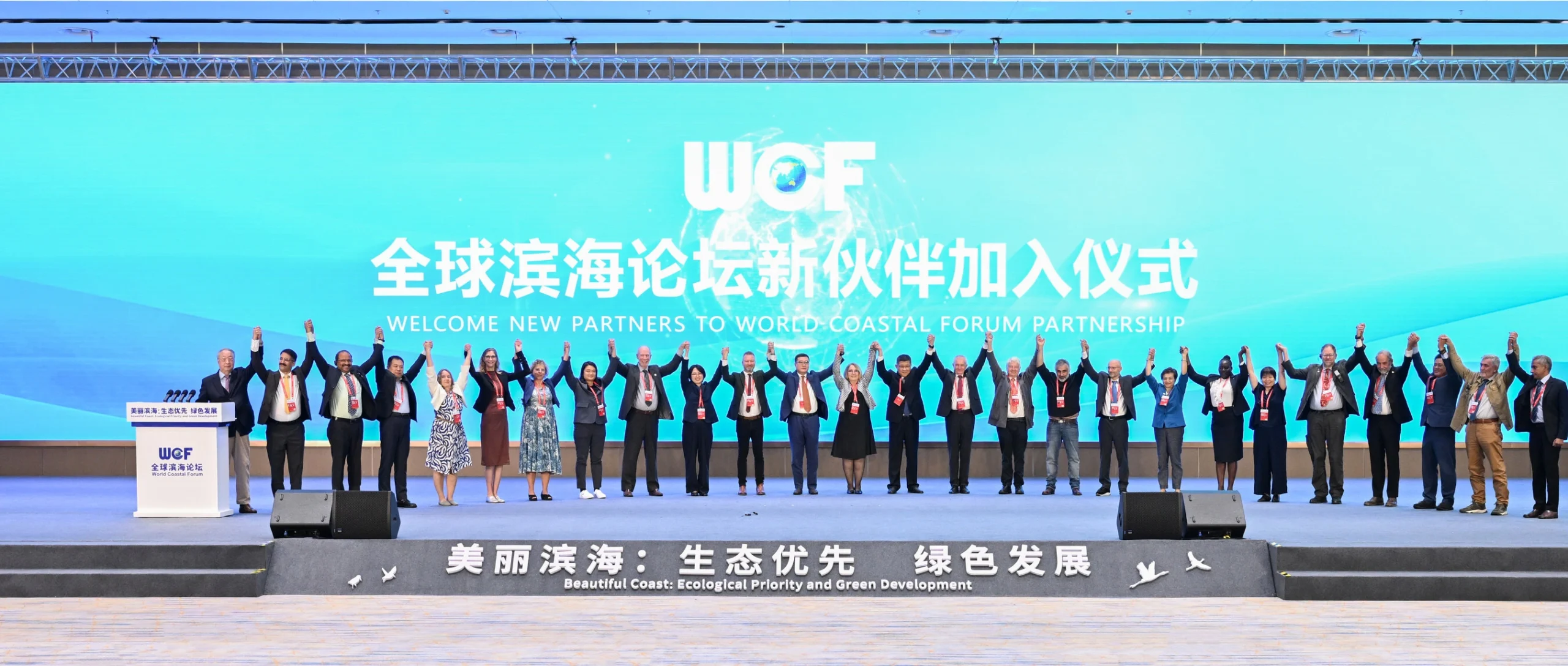Energy from waste: the path to a low-carbon economy

John E. Kaye
- Published
- Home, Sustainability
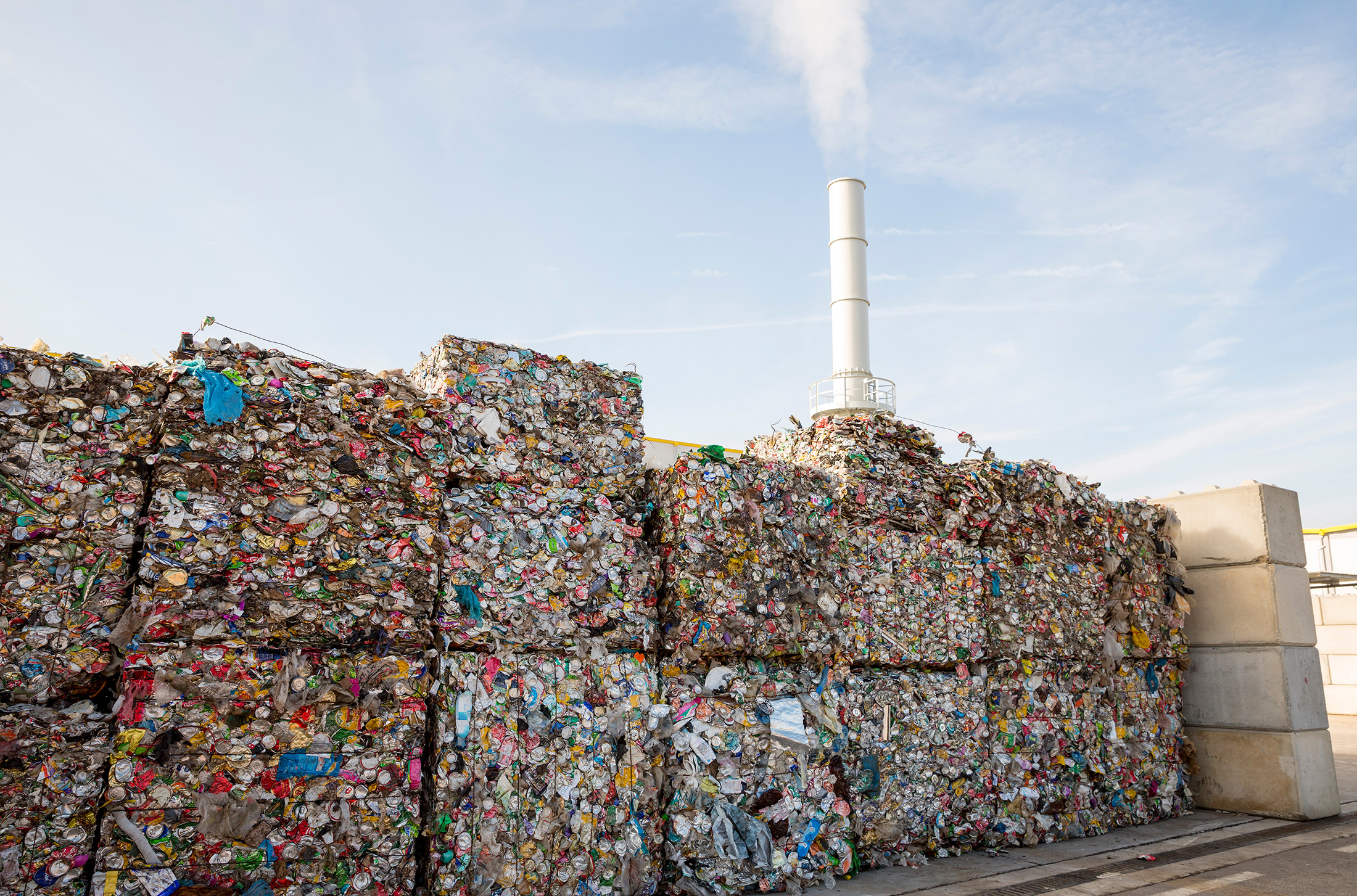
Climate change, renewable energy, low-carbon economy: for some, these are buzzwords and arguments for a global ecological rethink. For others, they stand for a business segment that couples environmentally friendly technologies with a clear vision to ensure we can leave a world worth living in for future generations. One such business is Hitachi Zosen Inova (HZI), a Swiss cleantech firm whose energy-from-waste (EfW) technologies make it a key player in the waste management sector, and which is also set to play an even more important role in renewable energy in the future.
The goals agreed at the 21st United Nations Climate Change Conference (COP21) in 2015 are an ambitious call for action: the aim is to keep global warming below 2°C. For this to happen, the emission of greenhouse gases will have to be completely halted between 2045 and 2060, and the production of CO2 reduced to levels that can be absorbed by natural photosynthesis. According to current studies, this will entail stopping the burning of fossil fuels entirely from 2040 and switching completely to renewable sources of energy.
Addressing the issues
However, it is not just industry and transport that are responsible for imbalances in the carbon cycle: landfill sites currently account for around 8% of greenhouse gas emissions. Amid rising population numbers and the resultant volumes of waste, this number is also set to increase – experts expect waste volumes to reach 2.2 billion tonnes by 2025, producing 1,200 million tonnes of CO2-equivalent greenhouse gases. Sustainable waste management thus has a direct bearing on the global climate. Swiss cleantech company Hitachi Zosen Inova is committed to addressing this issue with a product portfolio comprising a range of complementary energy-from-waste technologies. HZI has also begun operating in the power-to-gas segment this year, thus making a key contribution toward a low-carbon economy.
Etogas and BioMethan Plant, Werlte, GermanyIn many parts of Europe, recyclables are collected separately, with the residual waste then processed in EfW plants. This offers a range of advantages. It reduces or completely eradicates the need for landfill, cuts greenhouse gases, and protects the human habitat from contamination and pollution. First-class grate incineration, flue gas treatment and material recovery technologies ensure the smooth running of plants and the environmentally friendly conversion of waste into energy, which is then fed into the grid as base load power to supply a large number of households with electricity or district heating. A modern EfW plant can deliver enough district heating from a tonne of waste to replace around 240kg of oil, for example, or generate 800kWh of electricity – enough to light an average household with a total annual consumption of approximately 3500kWh for a year.
In addition to renewable base load power from EfW plants and hydro power facilities, biogas plants round out the energy generation portfolio: HZI’s Kompogas® plants convert green waste and biowaste into high-grade compost and fertiliser, and also into biomethane, a storable fuel that can be used on demand. This renewable biomethane thus replaces fossil fuels, and can be made available as renewable compressed natural gas for vehicles. A tonne of green waste is the equivalent of around 60 litres of fuel, enough to cover a distance of some 1000km. It can also be used to generate 220kWh of power, equivalent to the annual electricity consumption for consumer electronics in a two-person household.
EfW Plant, Perlen, SwitzerlandVariable energy resources such as solar and wind often generate more power than is actually needed. The Etogas power-to-gas technology harnesses these peaks in renewable energy to produce synthetic natural gas at cheap rates from surplus energy. This is made storable and can be used flexibly and on demand by feeding it into the gas grid or converting it back into electricity to enable reliable power supply and demand-driven generation. Together with pumped-storage power plants, power-to-gas technology is an effective means of regulating grids.
The 2015 Paris Climate Change Conference marked a major step toward achieving energy transition worldwide. By drawing on its wealth of experience, and continually developing its own technologies within a sustainable, 100% renewable energy economy, Hitachi Zosen Inova is playing an important role in achieving this goal.
Further information
www.hz-inova.com
RECENT ARTICLES
-
 Strong ESG records help firms take R&D global, study finds
Strong ESG records help firms take R&D global, study finds -
 How residence and citizenship programmes strengthen national resilience
How residence and citizenship programmes strengthen national resilience -
 Global leaders enter 2026 facing a defining climate choice
Global leaders enter 2026 facing a defining climate choice -
 EU sustainability rules drive digital compliance push in Uzbekistan ahead of export change
EU sustainability rules drive digital compliance push in Uzbekistan ahead of export change -
 China’s BYD overtakes Tesla as world’s largest electric car seller
China’s BYD overtakes Tesla as world’s largest electric car seller -
 UK education group signs agreement to operate UN training centre network hub
UK education group signs agreement to operate UN training centre network hub -
 Mycelium breakthrough shows there’s mush-room to grow in greener manufacturing
Mycelium breakthrough shows there’s mush-room to grow in greener manufacturing -
 Oxford to host new annual youth climate summit on UN World Environment Day
Oxford to host new annual youth climate summit on UN World Environment Day -
 Exclusive: Global United Nations delegates meet in London as GEDU sets out new cross-network sustainability plan
Exclusive: Global United Nations delegates meet in London as GEDU sets out new cross-network sustainability plan -
 Fast fashion brands ‘greenwash’ shoppers with guilt-easing claims, study warns
Fast fashion brands ‘greenwash’ shoppers with guilt-easing claims, study warns -
 Private sector set to overtake government as main driver of corporate sustainability in 2026, report suggests
Private sector set to overtake government as main driver of corporate sustainability in 2026, report suggests -
 Sir Trevor McDonald honoured at UWI London Benefit Dinner celebrating Caribbean achievement
Sir Trevor McDonald honoured at UWI London Benefit Dinner celebrating Caribbean achievement -
 Historic motorsport confronts its energy future
Historic motorsport confronts its energy future -
 Protecting the world’s wild places: Dr Catherine Barnard on how local partnerships drive global conservation
Protecting the world’s wild places: Dr Catherine Barnard on how local partnerships drive global conservation -
 Europe’s HyDeal eyes Africa for low-cost hydrogen link to Europe
Europe’s HyDeal eyes Africa for low-cost hydrogen link to Europe -
 Fabric of change
Fabric of change -
 Courage in an uncertain world: how fashion builds resilience now
Courage in an uncertain world: how fashion builds resilience now -
 UAE breaks ground on world’s first 24-hour renewable power plant
UAE breaks ground on world’s first 24-hour renewable power plant -
 China’s Yancheng sets a global benchmark for conservation and climate action
China’s Yancheng sets a global benchmark for conservation and climate action -
 Inside Iceland’s green biotechnology revolution
Inside Iceland’s green biotechnology revolution -
 Global development banks agree new priorities on finance, water security and private capital ahead of COP30
Global development banks agree new priorities on finance, water security and private capital ahead of COP30 -
 UK organisations show rising net zero ambition despite financial pressures, new survey finds
UK organisations show rising net zero ambition despite financial pressures, new survey finds -
 Gulf ESG efforts fail to link profit with sustainability, study shows
Gulf ESG efforts fail to link profit with sustainability, study shows -
 Redress and UN network call for fashion industry to meet sustainability goals
Redress and UN network call for fashion industry to meet sustainability goals -
 World Coastal Forum leaders warn of accelerating global ecosystem collapse
World Coastal Forum leaders warn of accelerating global ecosystem collapse



